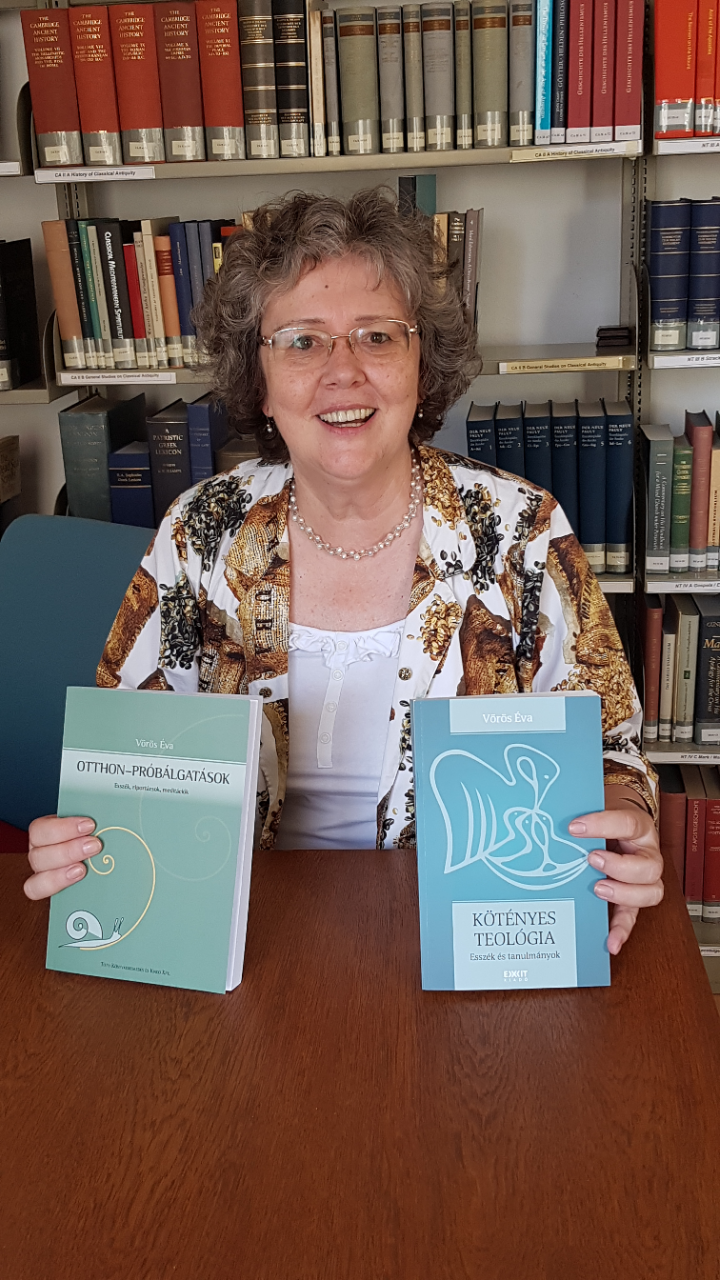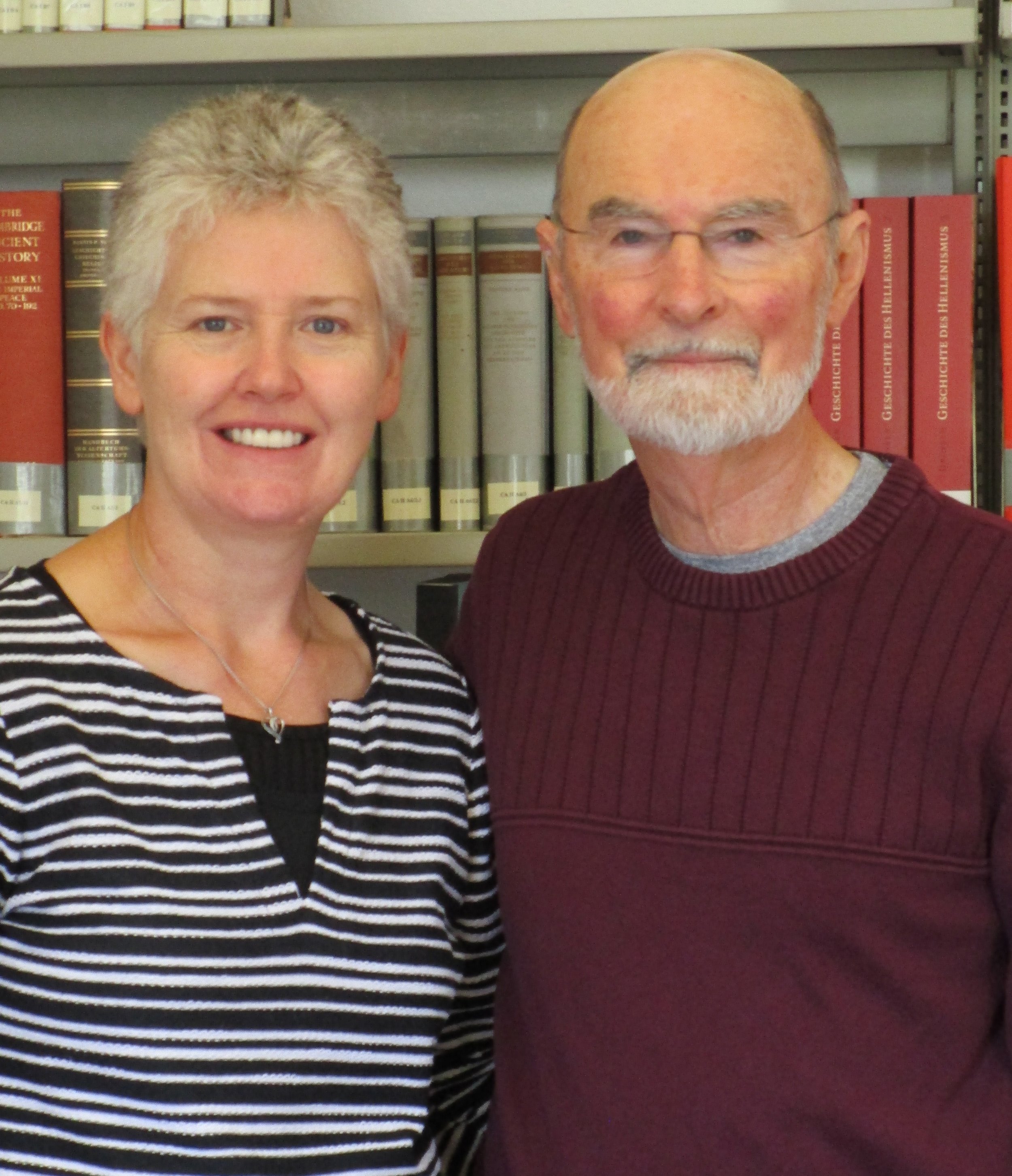by Dennis Lindsay
The international symposium on “The Lord’s Prayer: Origins, Significance, and Reception” marks another important milestone in the ongoing work of the European Evangelistic Society in Tübingen, Germany. The Institute for the Study of Christian Origins, along with the Institute for Ancient Judaism of the University of Tübingen and the Protestant faculty of the University of Munich, played host to the three day event in Tübingen from Oct. 1-3, 2018. Fourteen scholars from twelve institutions, representing seven different countries (Germany, USA, Canada, Ireland, South Africa, Israel, and Denmark), and various religious traditions (Protestant, Catholic, Orthodox, and Jewish) provided the material for discussion during the Symposium.
Presentations by Prof. Rodney A. Werline (USA), Prof. Benjamin G. Wold (Ireland), Prof. Judith H. Newman (USA/Canada), Prof. Cana Werman (Israel), and Prof. Ulrich Mell addressed the redaction and interpretation of the Lord’s Prayer in the context of Second Temple Judaism, First Century Judaism and Qumran, and, more directly, in the context of Jesus’ Sermon on the Mount in Matthew’s Gospel. Other papers focused attention on various petitions of the prayer, including “Our Father in heaven” (Prof. Hermann Lichtenberger, Tübingen), the “lead us not into temptation” petition (Prof. Wilfried Eisele, Tübingen), and the concepts of “earth” and “heaven” in the light of early Jewish cosmology (Gert J. Steyn, South Africa). A third major focus of the Symposium had to do with the ongoing influence of the Lord’s Prayer in the lives of its recipients (Prof. Karl-Heinrich Ostmeyer, Dortmund), in the Gospel of John (Prof. Kasper Bro Larsen, Denmark), in second century Christian writings prior to Origen (Prof. Tobias Nicklas, Regensburg), and in the liturgical use of the Lord’s Prayer in the Orthodox worship service (Prof. Konstantin Nikolakopoulos, Munich).
Friends of the European Evangelistic Society will recognize the names of two further Symposium participants. Dr. Ronald E. Heine, Director of the Institute for the Study of Christian Origins from 1989-2000, presented a paper on Origen’s exposition of the Lord’s Prayer through the lens of a saying from Jesus that is only known to us from Origen’s writings: “Ask for the great things and the little things will be added for you; ask for the heavenly things and the earthly things will be added to you.” Dr. Dennis R. Lindsay, pastor of the Christliche Gemeinde from 1987-1992, spoke on the topic of “Pistis (faith) and Prayer in the New Testament” as a broader context for interpreting the Lord’s prayer in light of Jesus overall instruction on prayer. (Dr. Heine and Dr. Lindsay are currently associated with Northwest Christian University in Eugene, Oregon.)
The Symposium gave rise to a number of questions and discussions that will certainly continue to inform and enlighten further studies of the Lord’s Prayer and its role in and for the Church today. The papers presented at the Symposium will be edited into a forthcoming volume to be published by Mohr Siebeck Publishers. This Symposium on the Lord’s Prayer was a great success due to the detailed planning and careful execution of the three primary organizers, and special thanks is due to: Dr. Beth Langstaff, Director of the Institute for the Study of Early Christianity; Prof. Dr. Loren T. Stuckenbruck of the Ludwig-Maximilians-Universität München; and Prof. Dr. Michael Tilly, Eberhard Karls Universität Tübingen.







